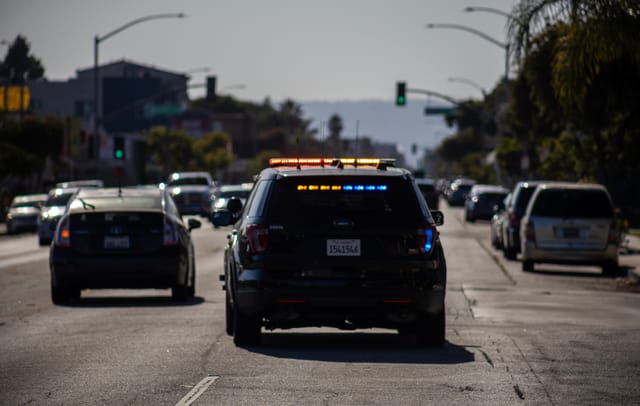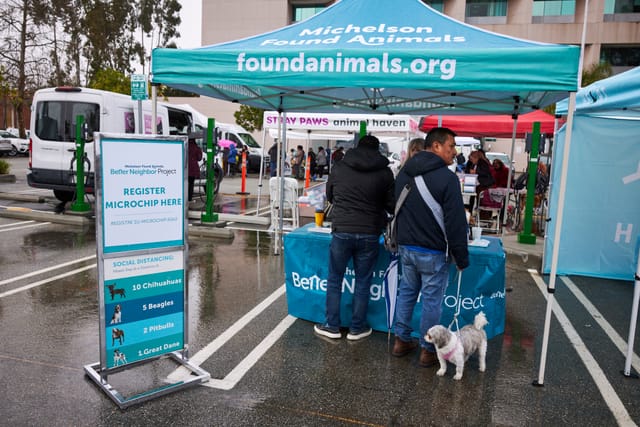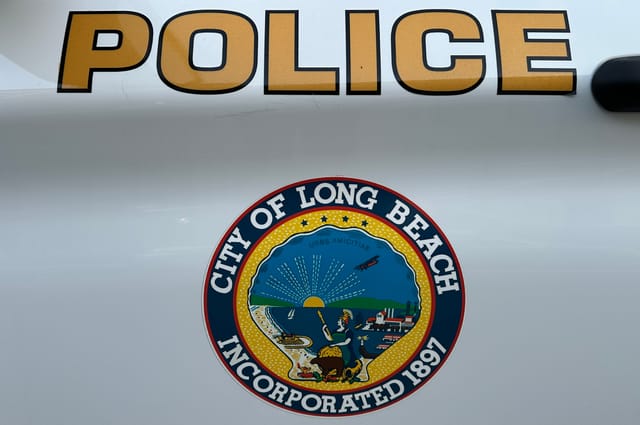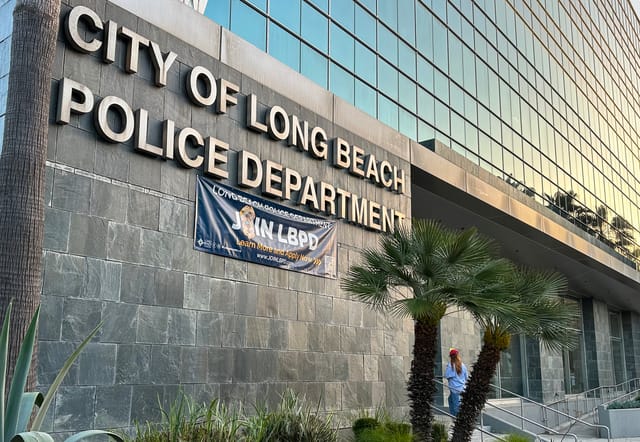Long Beach’s 1st openly lesbian councilmember releases book on city’s LGBTQ+ history
Limited to only 128 pages, Gerrie Schipske said the book gives a high-level overview of the history but hopes it will serve as a jumping-off point for deeper dives into the city's LGBTQ+ past.
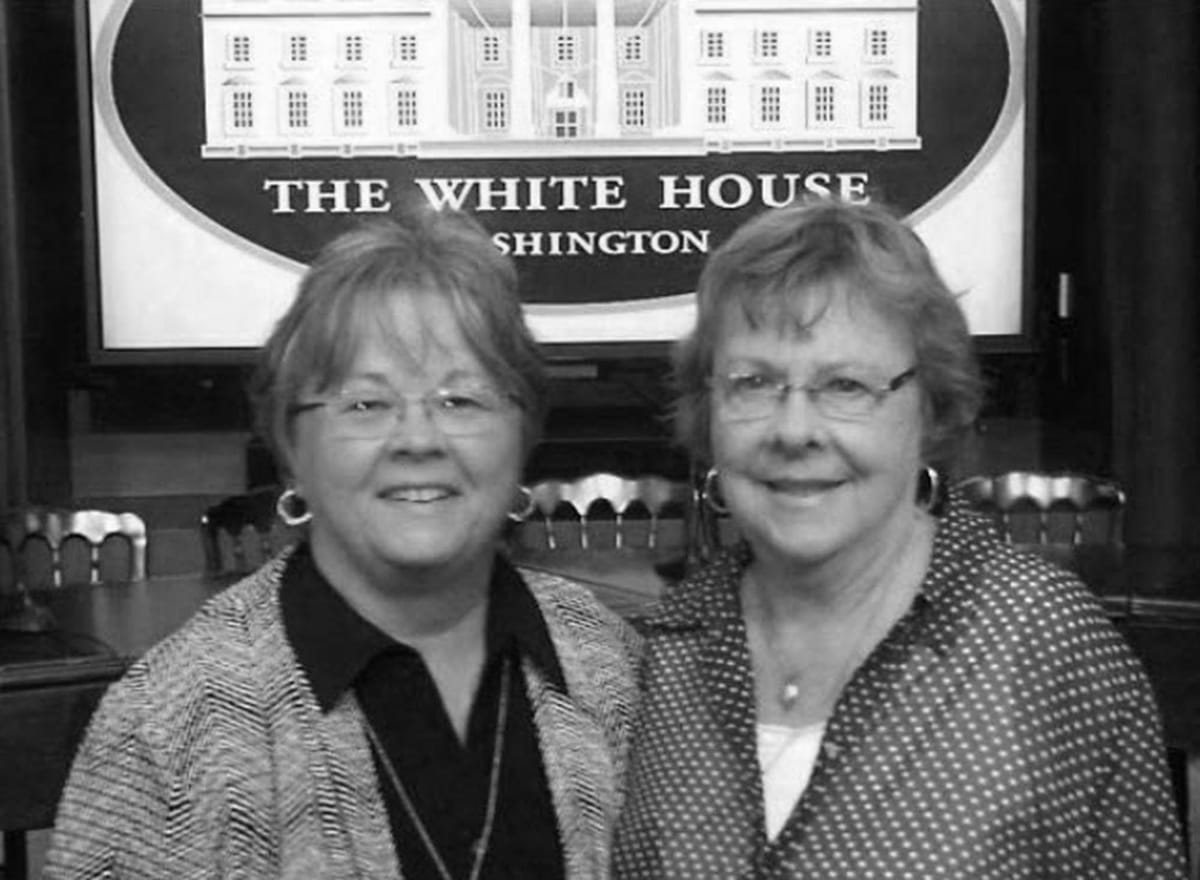
Gerrie Schipske, a Long Beach native and the city’s first openly lesbian city councilmember, released her latest book Monday, which provides a high-level historical overview of Long Beach’s LGBTQ+ community.
Titled “LGBTQ+ Long Beach,” Schipske explores the city’s evolution from a hostile space for the LGBTQ+ community — from the entrapment of 31 gay men as “social vagrants” in 1914 — to receiving a perfect score on the Human Rights Campaign's “Municipal Equality Index” last year.
“[Writing the book] was fun because it was history that I had lived through,” Schipske said in an interview with the Watchdog.
The book, forwarded by fellow Long Beach native Billie Jean King, was commissioned by Arcadia Publishing, for which Schipske has written four other historical books about Long Beach, including “Early Long Beach,” “Early Aviation in Long Beach,” “Rosie the Riveter in Long Beach” and “Historic Cemeteries of Long Beach.”
“My biggest concern was how to capture an entire history of the community in so few pages,” Schipske said, noting that Arcadia limits authors to 128 pages. “I thought, ‘I can't do this because there's no way I'm going to be able to cover everybody.’ But the more I thought about it, I thought, ‘well, who better than to do it?’”
Schipske was born in Long Beach in the 1950s and raised in Buena Park. She went on to work for the CIA, where she met her first partner, whom she dated for six years — though the couple never came out.
After her stint with the CIA, Schipske moved back to Long Beach after being recruited by the city manager’s office in 1977. She met her wife in 1979 and the pair moved in together the following year, but Schipske said they did not flaunt their relationship.
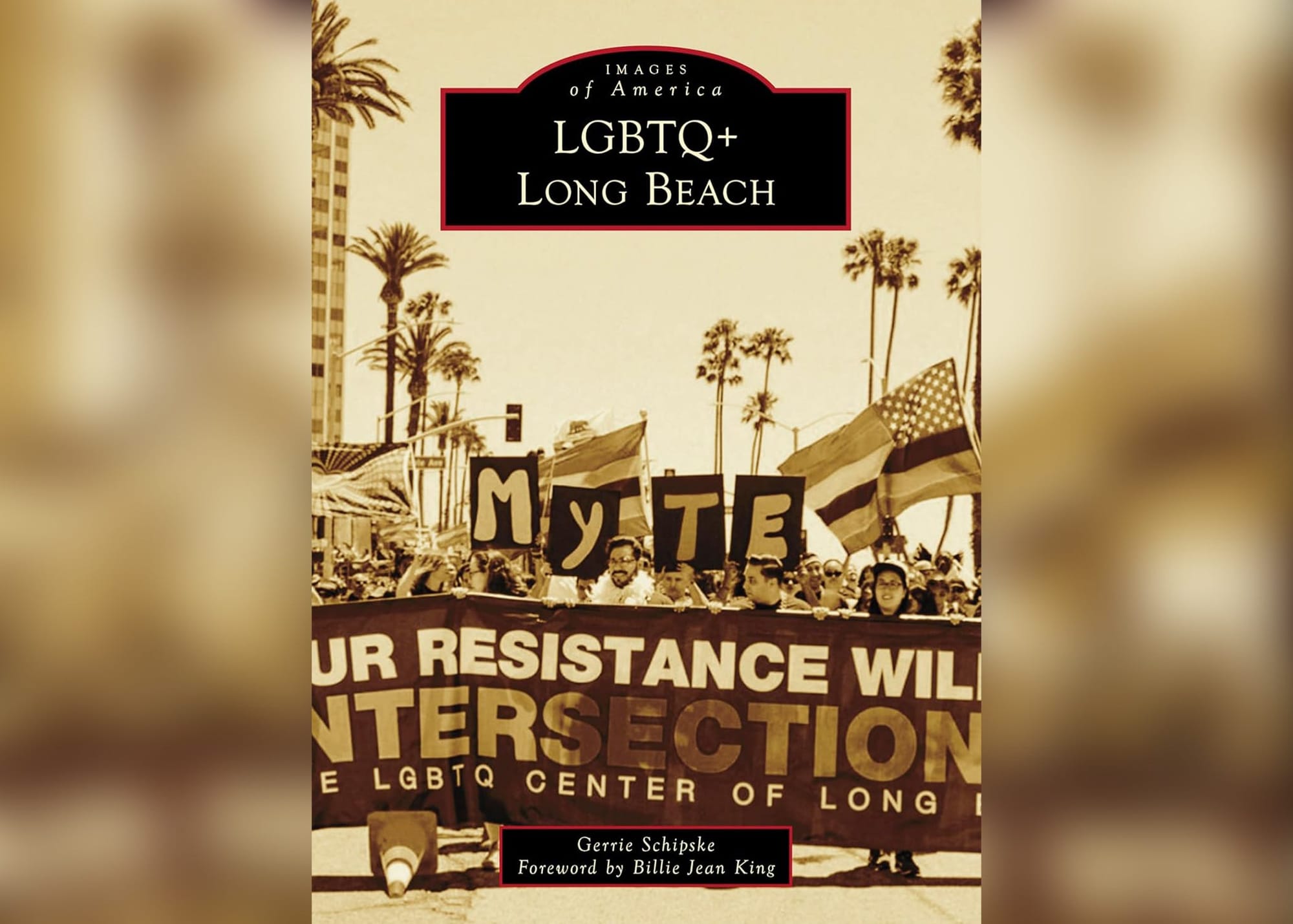
“I was trying to help the city manager help the City Council get a women’s commission,” Schipske said. “But the right-wing was so insistent that it would be dominated by lesbians that the City Council didn’t vote for it.”
“They were just adamant that they didn’t want lesbians in Long Beach,” she continued, noting right-wing attacks on Sojourner, a feminist bookstore, and Que Sera, which was a lesbian bar at the time.
In the mid-’80s, Schipske left her city job for nursing school, which allowed her to be more open about her relationship, she said. There was no grand coming out announcement, she said, but rather the couple simply carried on with their lives more publicly. Around that time, they adopted three children.
Over the years, Long Beach has become one of the most diverse cities in California with the third-largest Pride event in the state. In 1992, Schipske was the first openly lesbian person to be elected to the Long Beach Community College Board of Trustees and City Council in 2006.
“People have become so much more accepting, much more open,” Schipske said.
However, she added, as recently as 2016, the Long Beach Police Department was targeting gay men in public restrooms — a move that one judge deemed discriminatory.
Schipske noted the struggle for the LGBTQ+ community is far from over. In recent years, the community has been targeted by anti-transgender legislation across the country.
Regarding her new book, Schipske said she hopes it is only a jumping-off point for deeper dives into the LGBTQ+ community’s Long Beach roots.
“I think it’s the beginning,” Schipske said. “I would welcome someone to expand on it with a publisher that uses a larger format. It’s important.”
We need your support.
Subcribe to the Watchdog today.
The Long Beach Watchdog is owned by journalists, and paid for by readers like you. If independent, local reporting like the story you just read is important to you, support our work by becoming a subscriber.


